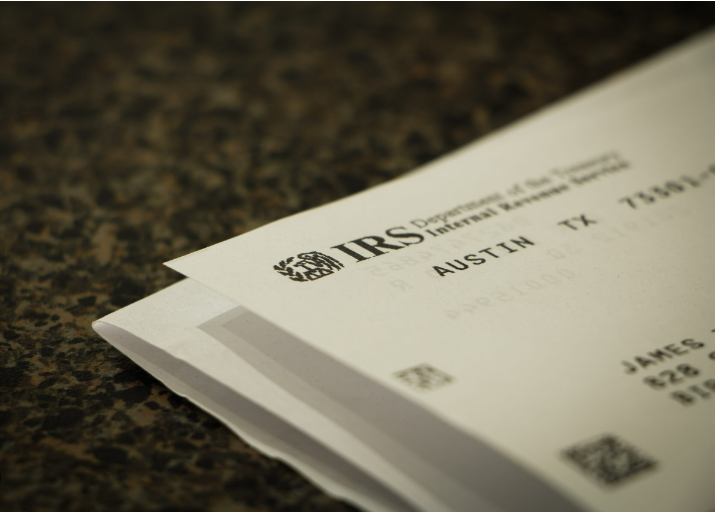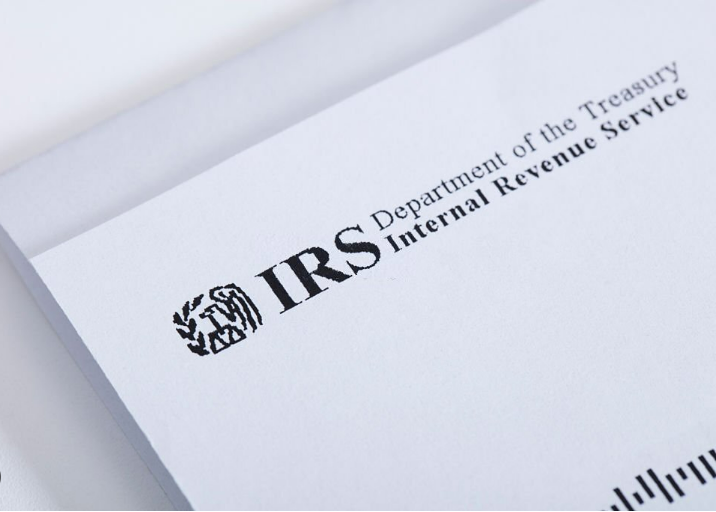
This year has been quite unusual, and that applies to tax matters as well. With layoffs, furloughs, stimulus checks, unemployment benefits, and shifted tax deadlines, it’s easy to feel overwhelmed. Adding to the confusion, the IRS has faced staffing shortages due to the pandemic, resulting in a considerable backlog of unopened mail—reportedly around 12 million pieces, according to a recent CNBC report.
Consequently, some of you may have received alarming notices regarding unpaid taxes. While receiving government notices with late penalties and interest charges can be distressing, it’s important not to panic just yet. There’s a high likelihood that it’s an error, unless, of course, you genuinely failed to file your taxes on time or settle any outstanding taxes owed. If that’s the case, this article may not be of much assistance.
However, if you’ve already sent your payment to the IRS and still received an unpaid notice, remain composed. It’s probable that your mail hasn’t been processed yet, and the automated billing system mistakenly issued the notice.
What Should You Do About It?
Firstly, here’s some reassuring news—the issue is expected to cease. The government has already directed the IRS to temporarily halt the issuance of these automated notices.
“The IRS should refrain from resuming the issuance of notices to taxpayers until the backlog returns to pre-pandemic levels and taxpayer accounts are updated,” stated Richard Neal, the Chairman of the House Ways and Means Committee.
If you’ve previously submitted a payment by mail and still received an unpaid notice, chances are everything is in order. Nonetheless, it’s wise to take a couple of precautionary steps to ensure all is well. Begin by reviewing your own records to confirm the amount you paid. Then, compare this figure to the amount stated in the notice you received. If the numbers align, you’re likely in the clear. Rest assured, the IRS will eventually process your mailed payment.
Here’s an additional tip—if you sent your payment via certified mail (which is advisable when mailing tax payments), you can verify precisely when (or if) the IRS received your payment. As long as the certified mail was delivered to the IRS by July 15, you won’t incur any late penalties—regardless of what the unpaid notice indicates.
Expired Payments?
Now for some unfortunate news. Certain common methods of tax bill payments, such as cashier’s checks or money orders, come with expiration dates. If your money order happens to be buried among the backlog of unopened mail, the IRS may not be able to process it upon retrieval. This presents a significant issue.
However, it’s not advisable to take preemptive action. The IRS discourages canceling the original money order or check and issuing a new one. Instead, the IRS will likely attempt to process your initial payment and subsequently levy a fee if it fails. If you’re concerned about this possibility, you can attempt to contact the IRS during regular business hours. Be prepared for a potential wait to speak with a representative, but they will be able to provide guidance on the next steps.
Make It Easy On Yourself

If you find yourself in this situation in 2020, unfortunately, you’ll need to weather the storm. It’s an unprecedented year for everyone, including the hardworking individuals at the IRS who are striving to process everyone’s returns. However, let’s face it—mailing a check to the IRS is an antiquated method of tax payment.
You don’t require an expensive or sophisticated technological setup to file your taxes and make payments online. Most financial institutions offer convenient options for paying the IRS, similar to paying your utility bills. Additionally, you can opt to wire your payment, bypassing the need to wait weeks (or even months) for your check to clear.
In Conclusion
Taxes can indeed be overwhelming and anxiety-inducing. If you receive an unpaid notice, it’s crucial not to let it disrupt your life. Firstly, verify its authenticity. Then, confirm whether you actually submitted payment by the deadline. It goes without saying, but if you haven’t settled your outstanding taxes yet, you’ll need to address that promptly. If you’re facing financial challenges due to the pandemic, the IRS may be willing to grant you an extension, although they won’t simply forgive the debt.
When you file your 2020 taxes next spring, consider making electronic payments. This approach can save you a significant amount of time and frustration in the event of any unforeseen IRS backlog.
3.5
